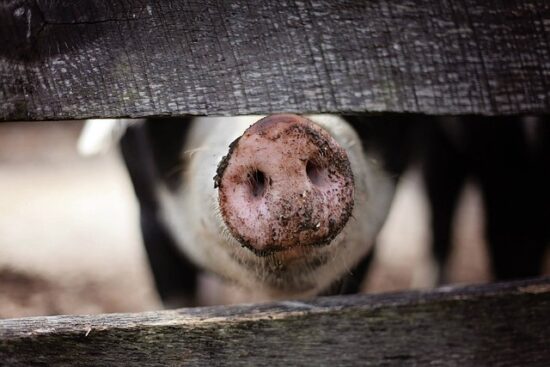Escherichia coli resistant to the highest priority critically important fluoroquinolone or 3rd and 4th generation cephalosporin antibiotics persist in pigsties
Antimicrobial resistance is a global health threat, with livestock being a potential reservoir for human transmission. Authorities restrict the use of fluoroquinolones and certain cephalosporins in animal husbandry, but evidence suggests that resistance determinants can be retained even without drugs. A study in Thuringian pig farming assessed fluoroquinolone- and cephalosporin-resistant Escherichia coli in pigs, revealing that resistant bacteria were found on all farms, with higher counts in piglets and declining with age. The study found that resistant strains were well-adapted to the farm and its management practices, suggesting further measures, including considering the type of resistance and its persistence and transmission dynamics, will be indispensable to reduce the antimicrobial resistance load in pork production.
AMR NEWS
Your Biweekly Source for Global AMR Insights!
Stay informed with the essential newsletter that brings together all the latest One Health news on antimicrobial resistance. Delivered straight to your inbox every two weeks, AMR NEWS provides a curated selection of international insights, key publications, and the latest updates in the fight against AMR.
Don’t miss out on staying ahead in the global AMR movement—subscribe now!






